How to make Ed Brown's Elderflower 'Champagne'
Ed Brown is arguably Britain's top expert on elderflowers — and here's his favourite method for turning them into something rather special...

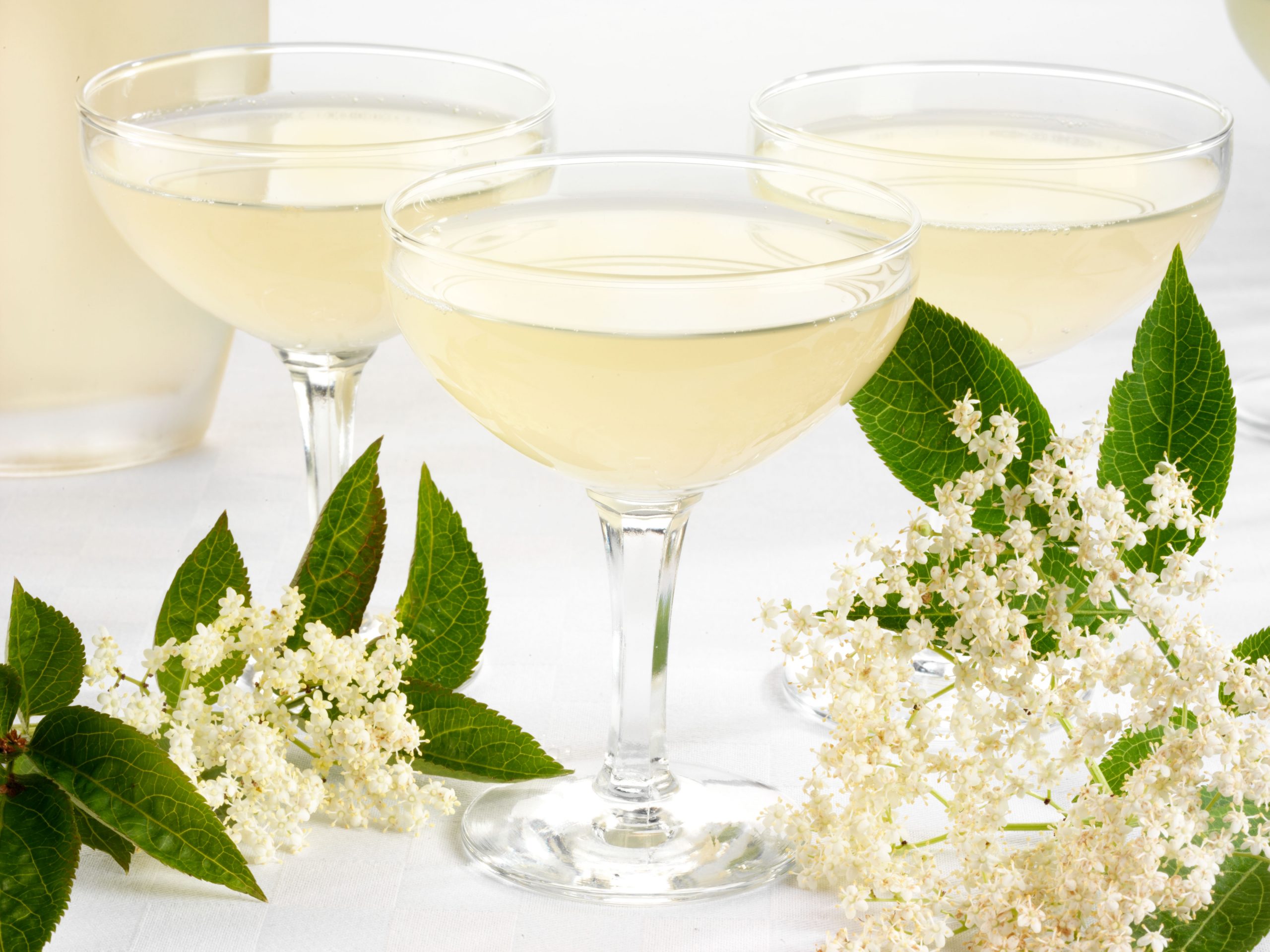
Ed Brown has something of an obsession for elderberry trees: he's been the man in charge of the National Collection of 147 sambucus species and cultivars since 2008.
Ed runs Cotswold Garden Flowers near Evesham, where he grows — and sells — hundreds of varieties of elderberry trees. One thing he doesn't do with the flowers, however, is make cordial.
Instead he makes elderflower 'Champagne' in 25-litre buckets and decants it into receptacles recycled from local wedding venues. The old bottles have their sticky labels removed with a pressure washer, while wire fastenings and corks come from a local wine shop, along with the yeast EC-1118.
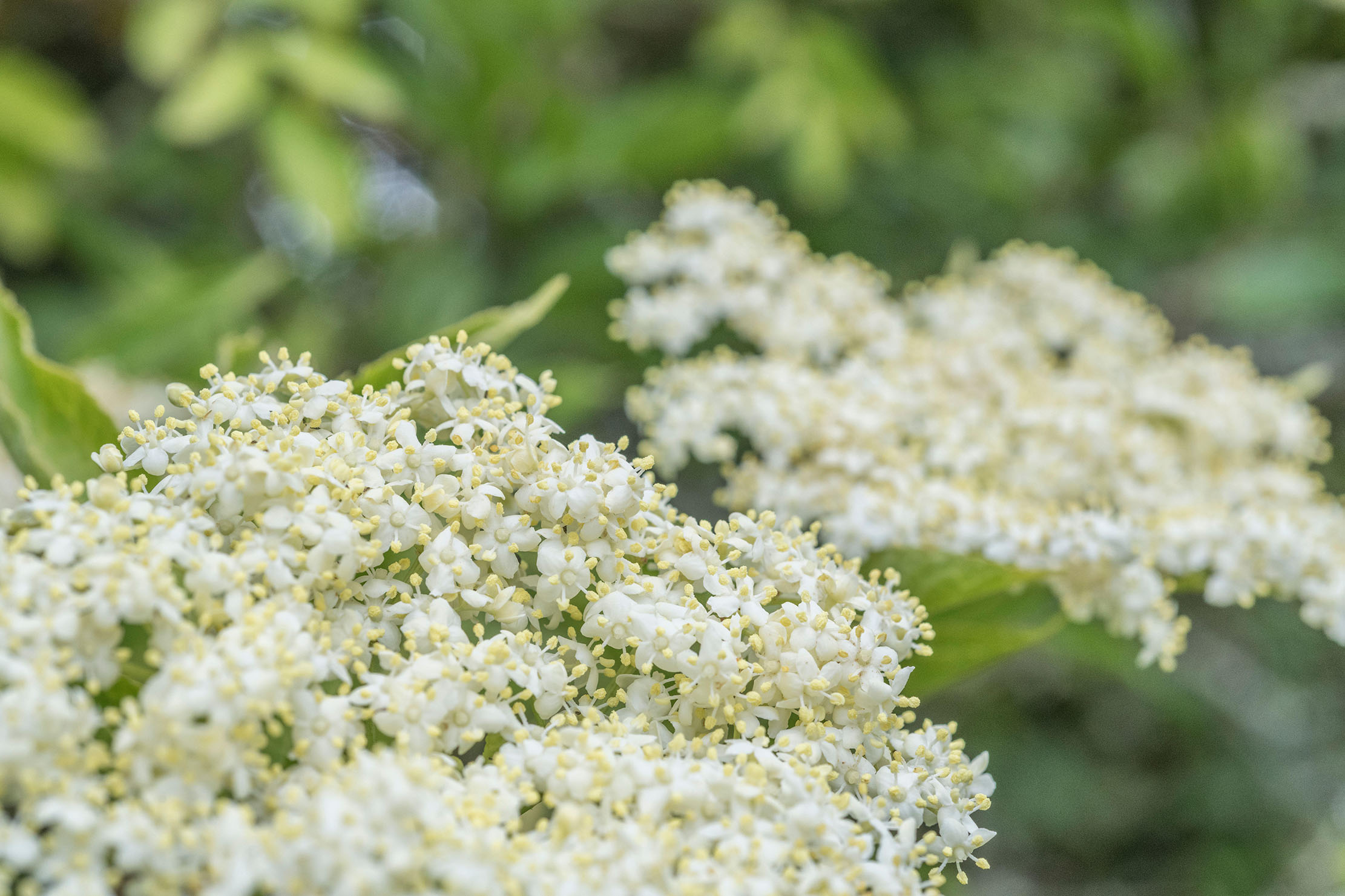
The result is a bubbly with an alcohol content of 12 -14% — and if you can't get to Ed's nursery to pick up a bottle yourself, here's how to make it.
Ed Brown's elderflower Champagne recipe
Ingredients
Makes around 25 litres
- 4kg sugar
- 15 lemons
- 800g elderflower flower heads
- EC-1118 Champagne yeast (Lawson's and Amazon both sell it online if your local shop doesn't stock it)
Method
Boil two kettles of water and dissolve the sugar into it in your 25l bucket.
Add the zest and juice of 15 lemons and then top up the 25L bucket with cold water.
Exquisite houses, the beauty of Nature, and how to get the most from your life, straight to your inbox.
Add 800g of flower heads (blackfly and all) and the packet of yeast.
Place a dinner plate on top — the right way up — to prevent a build-up of gas.
Leave for 5-8 days; the time to bottle it up is when the fizz begins starts to go.
Sieve the mixture, to remove the flowers — a sprout net does the job for Ed in the Vale of Evesham.
Bottle in sterilised, clean bottles. A hot tunnel heats up sufficiently, on summer days, to sterilise the clean bottles and then Milton tablets, also sold by wine shops, finish off the process.
Refrigerate before serving, because it alters the way the bubbles fit in between the molecules of water. If the temperatures are too high, the cork will hit the ceiling!
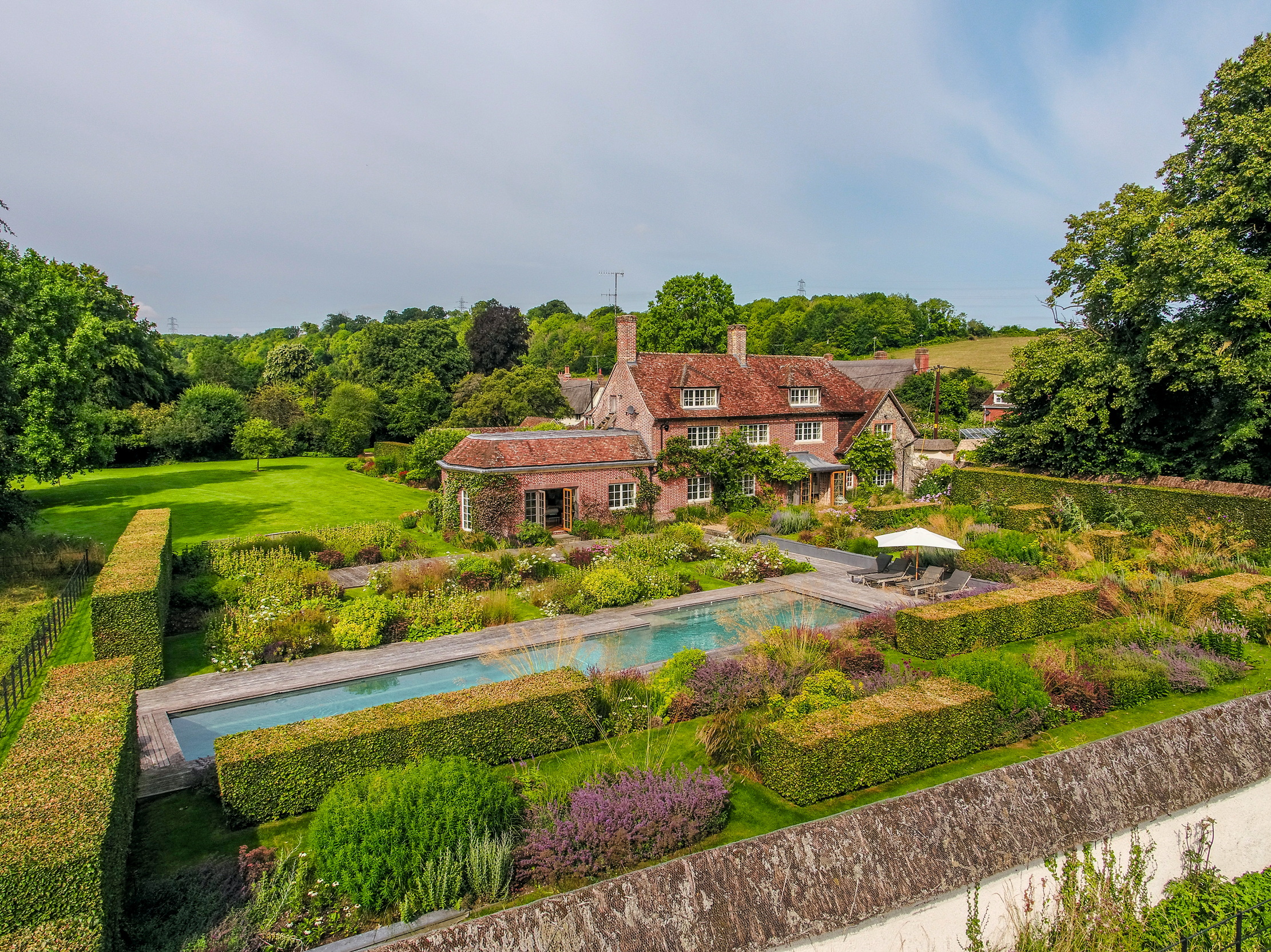
Credit: Strutt and Parker
Best country houses for sale this week
An irresistible West Country cottage and a magnificent Cumbrian country house make our pick of the finest country houses for
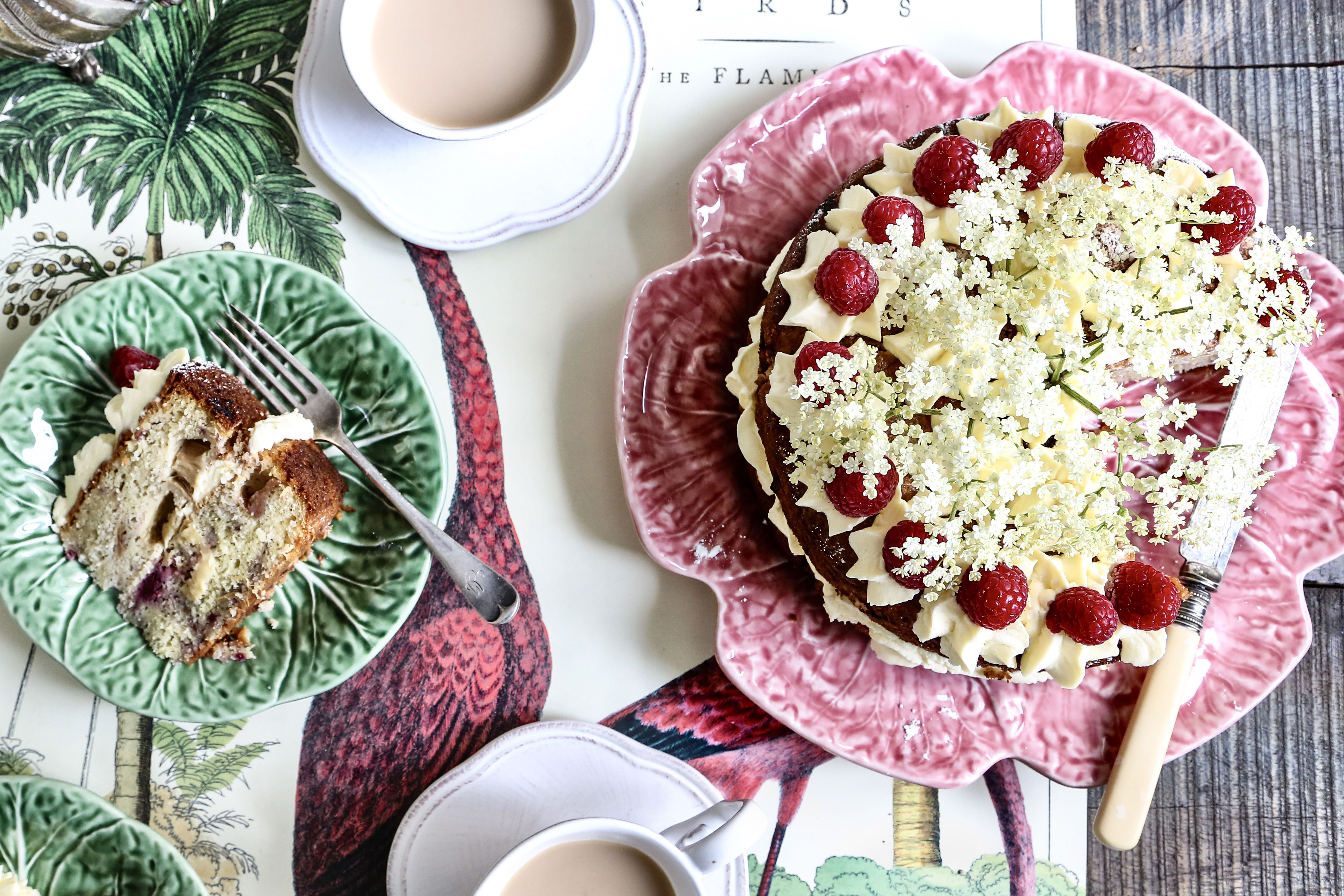
Credit: Melanie Johnson / Country Life
A delightful elderflower cake full of all the flavours of summer
Melanie Johnson's latest offering combines berries, rhubarb and elderflower into a delicious teatime treat.
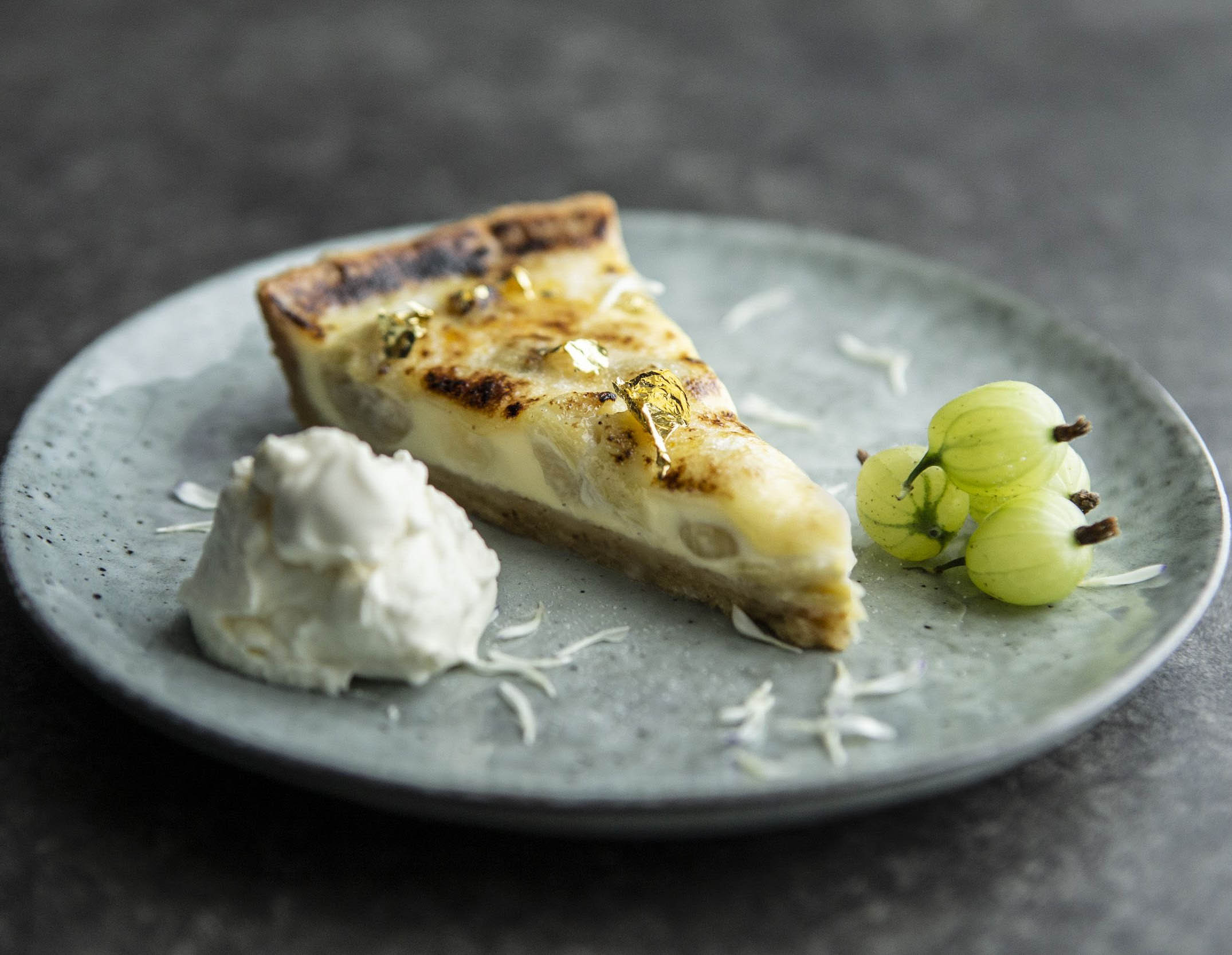
Credit: Miele Der Kern
How to make gooseberry and elderflower tart, a perfect seasonal summer dessert
It's peak gooseberry season, and the ideal time to make this delicious tart.
Country Life is unlike any other magazine: the only glossy weekly on the newsstand and the only magazine that has been guest-edited by His Majesty The King not once, but twice. It is a celebration of modern rural life and all its diverse joys and pleasures — that was first published in Queen Victoria's Diamond Jubilee year. Our eclectic mixture of witty and informative content — from the most up-to-date property news and commentary and a coveted glimpse inside some of the UK's best houses and gardens, to gardening, the arts and interior design, written by experts in their field — still cannot be found in print or online, anywhere else.
